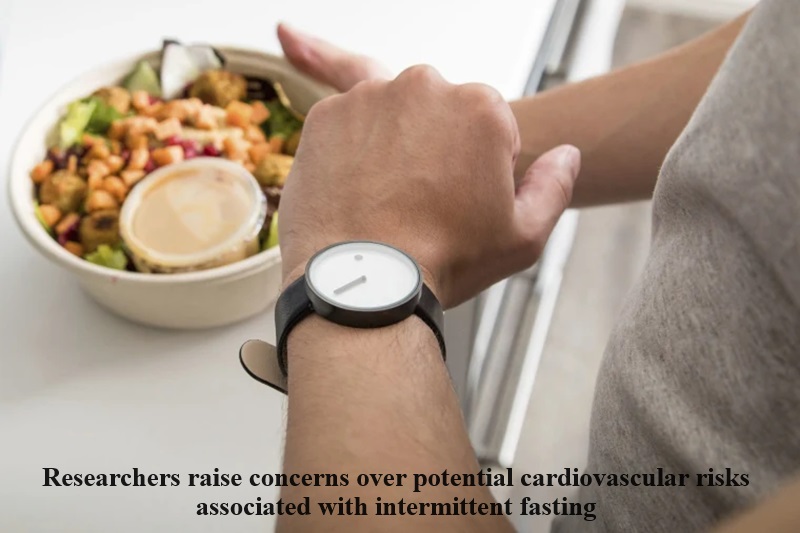
Intermittent fasting, a popular health trend embraced by many, is now under scrutiny by researchers who have raised concerns about potential cardiovascular risks linked to this practice.
The study, which focused on the widely adopted 16:8 intermittent fasting method, a form of time-restricted dieting, was presented at the EPI Lifestyle Scientific Sessions 2024 in Chicago. However, it should be noted that the study has not yet undergone peer review or been published.
Despite intermittent fasting’s growing popularity due to its claimed benefits such as weight loss, improved cholesterol levels, and enhanced metabolism, the latest research indicates a potential drawback to this dietary approach.
Researchers examined data from a cohort of 20,000 adults who participated in the annual US National Health and Nutrition Examination Surveys spanning from 2003 to 2018. Their analysis revealed that individuals practicing 16:8 intermittent fasting were 91 percent more likely to have died from cardiovascular disease compared to those who did not adhere to this fasting regimen. Moreover, participants with pre-existing cardiovascular conditions who consumed all their calories within an 8 to 10-hour window faced a 66 percent higher risk of mortality from heart disease and stroke.
These findings contrast with previous studies suggesting health benefits associated with time-restricted eating. The research suggests that there may be no overall mortality advantage from this eating pattern.
Furthermore, among individuals with cancer, those who did not engage in fasting and spread their daily caloric intake over 16 hours experienced a reduced risk of cancer-related mortality.

Post Your Comments